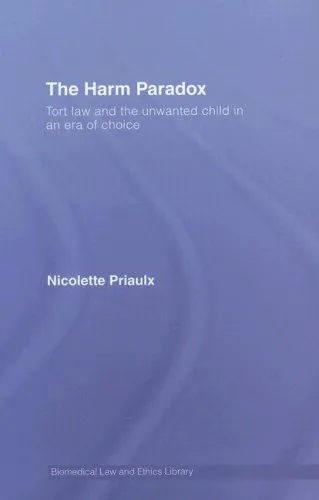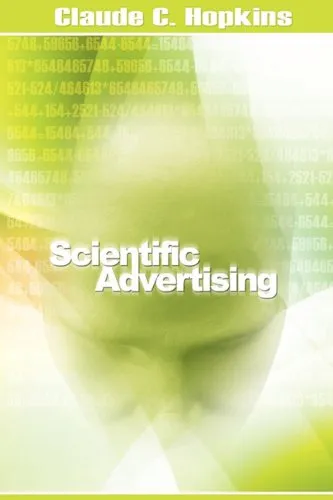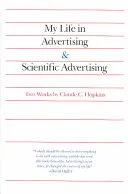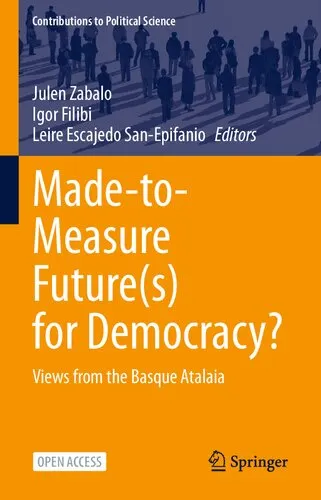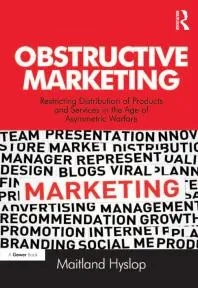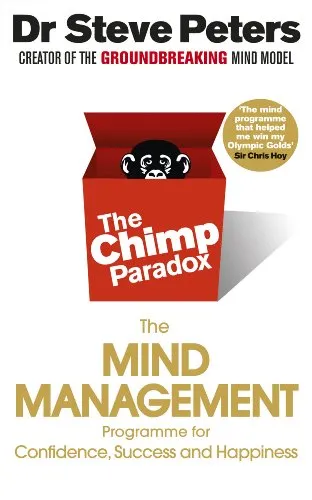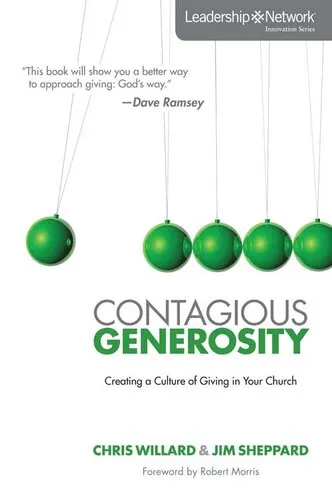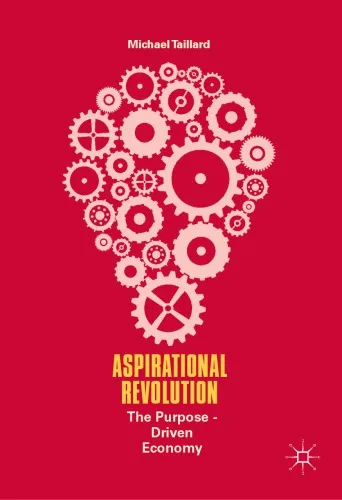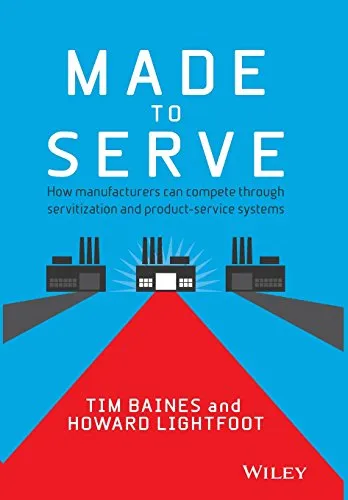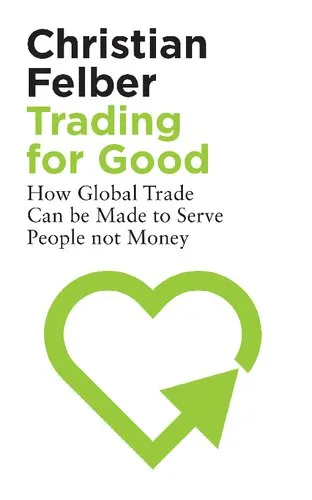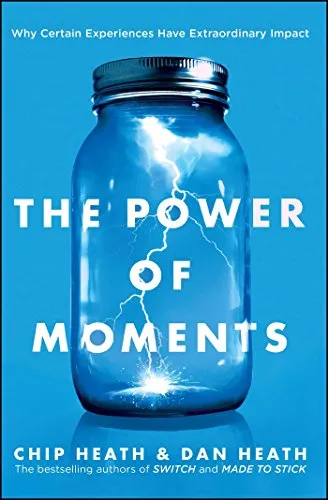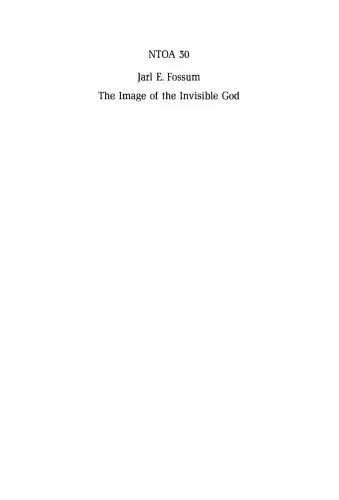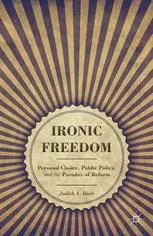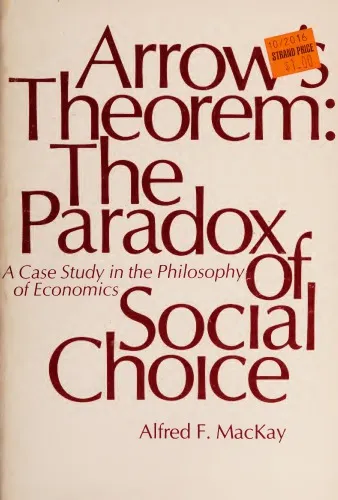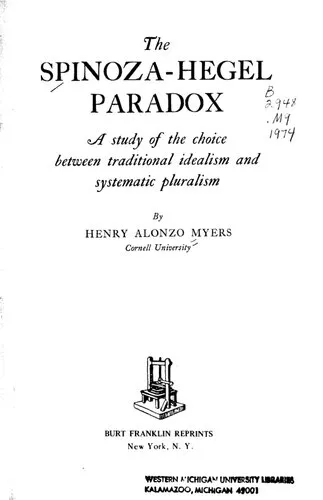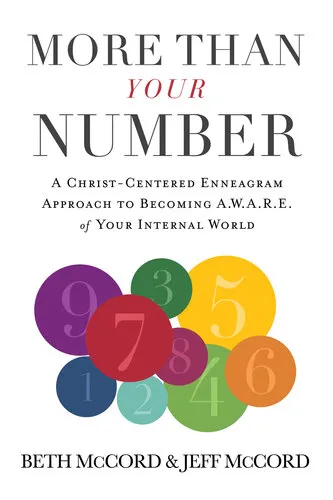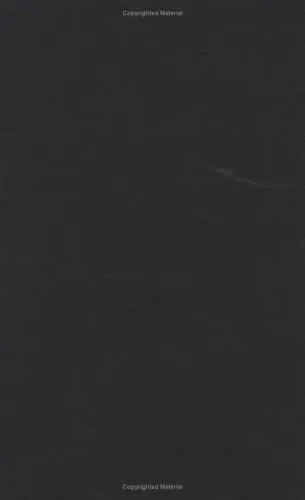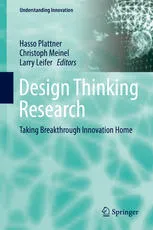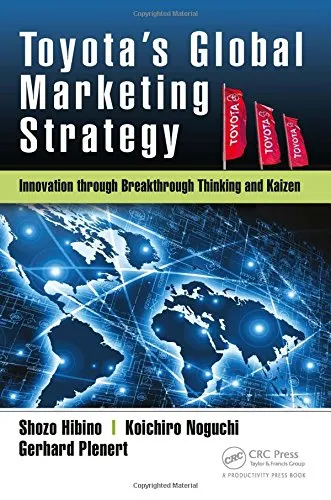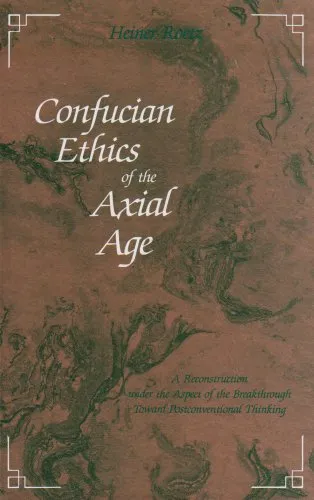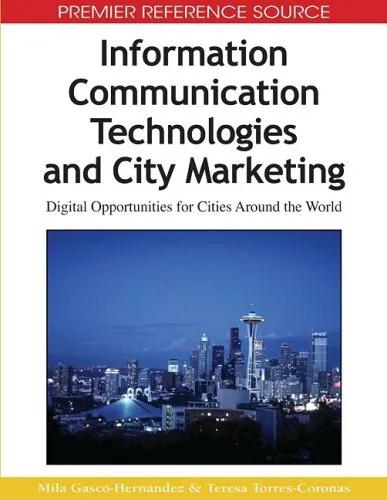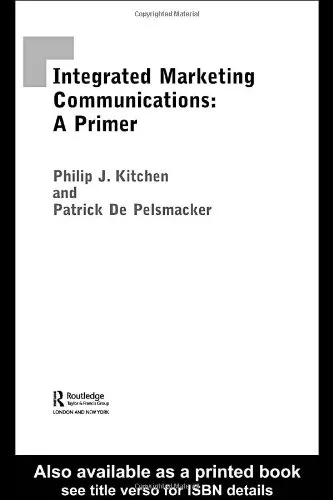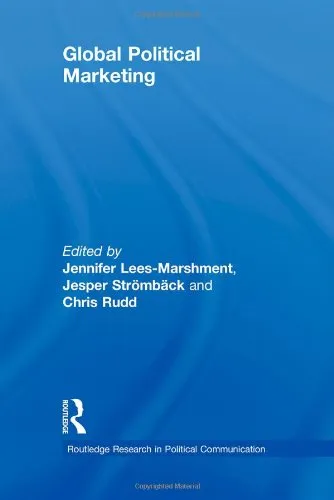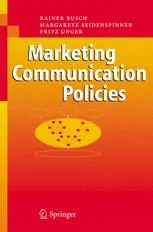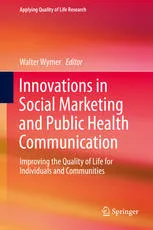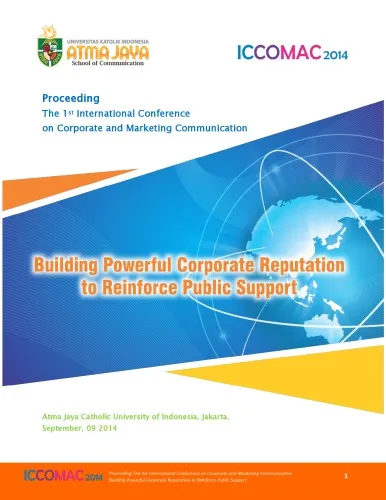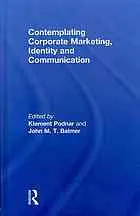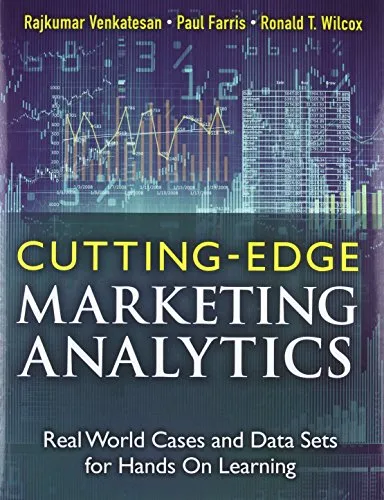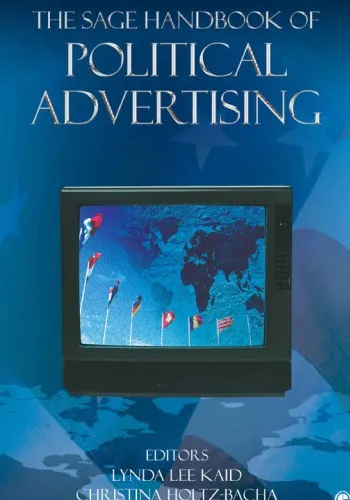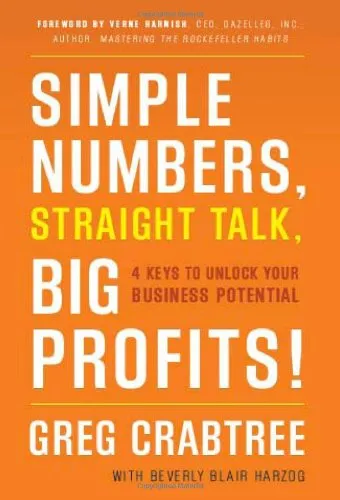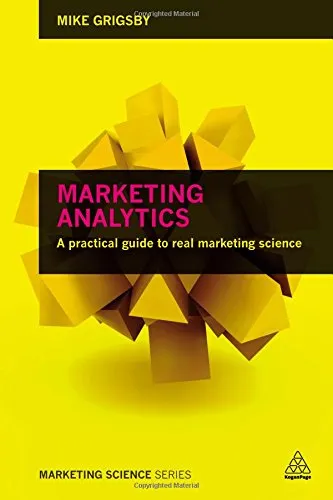The Harm Paradox: Tort Law and the Unwanted Child in an Era of Choice (Biomedical Law and Ethics Library)
4.8
Reviews from our users

You Can Ask your questions from this book's AI after Login
Each download or ask from book AI costs 2 points. To earn more free points, please visit the Points Guide Page and complete some valuable actions.Related Refrences:
Introduction
"The Harm Paradox: Tort Law and the Unwanted Child in an Era of Choice" provides an insightful exploration into the complex and often controversial intersection of tort law and reproductive autonomy. The book delves into the nuanced legal issues surrounding cases where the birth of a child is claimed as harm—unwanted or unintended—and brings to light the implications for both legal practice and ethical considerations. In an age of increasing reproductive choices, Nicholl Priaulx presents a compelling analysis that challenges conventional perspectives and pushes the boundaries of legal thought.
Detailed Summary of the Book
Within its pages, "The Harm Paradox" navigates the intricate landscape of tort law as it relates to unwanted childbirth, examining both legal precedents and ethical dilemmas. Priaulx offers a thorough critique of how the legal system responds to claims of wrongful birth, wrongful conception, and wrongful life cases. The book meticulously analyzes the underpinnings of tort law principles and the dilemmas faced when balancing the rights of parents, the welfare of the child, and societal values concerning life and reproductive autonomy.
Through a series of case studies and doctrinal analysis, Priaulx reveals the inconsistencies and challenges that arise in adjudicating these cases. The paradox lies in the recognition of life as a potential harm, juxtaposed against the societal and legal frameworks that traditionally revere it. By dissecting the judgments and legal reasoning in these cases, Priaulx highlights the struggles within the law to adapt to modern reproductive technologies and societal shifts towards individual choice.
Key Takeaways
- The legal concept of harm is critically examined in the context of reproductive autonomy and choice, offering readers a fresh perspective on traditional tort law doctrines.
- The book underscores the tension between parental rights and child welfare, providing an in-depth look at how these are addressed in legal settings.
- Nicholl Priaulx challenges the reader to reconsider the ethical implications of labeling an unwanted birth as harm, encouraging a broader conversation about life valuation.
- Readers are presented with a comprehensive view of how different jurisdictions handle wrongful birth and similar cases, revealing the diverse legal landscapes globally.
Famous Quotes from the Book
"The notion that existence itself could be deemed a 'harm' is a profound paradox, forcing legal minds to grapple with the deepest ethical and existential dilemmas."
"In an era defined by choice, it is not the lack thereof that haunts jurisprudence, but the repercussions of choice exercised."
Why This Book Matters
"The Harm Paradox" is an essential read for legal professionals, ethicists, and scholars interested in the evolving dynamics of reproductive rights and tort law. Nicholl Priaulx's work is significant because it challenges existing legal paradigms and sparks dialogue about the ethical responsibilities of the law in recognizing harm. This book stands as a key resource for understanding how the law navigates deeply personal and societal issues related to autonomy, choice, and the inherent value of life.
By addressing the contradictions and ethical quandaries within wrongful birth and unwanted child cases, Priaulx provides a critical resource that not only informs legal practice but also enriches philosophical discourse surrounding autonomy and the law’s role in private life decisions. As reproductive technologies and societal norms continue to evolve, "The Harm Paradox" offers timeless insights that remain relevant and thought-provoking.
Free Direct Download
You Can Download this book after Login
Accessing books through legal platforms and public libraries not only supports the rights of authors and publishers but also contributes to the sustainability of reading culture. Before downloading, please take a moment to consider these options.
Find this book on other platforms:
WorldCat helps you find books in libraries worldwide.
See ratings, reviews, and discussions on Goodreads.
Find and buy rare or used books on AbeBooks.
1471
بازدید4.8
امتیاز0
نظر98%
رضایتReviews:
4.8
Based on 0 users review
Questions & Answers
Ask questions about this book or help others by answering
No questions yet. Be the first to ask!
